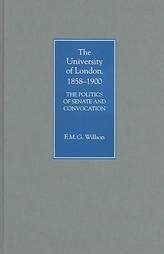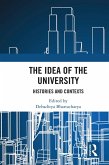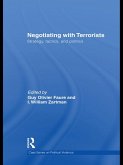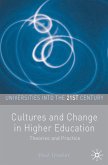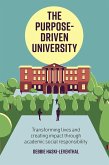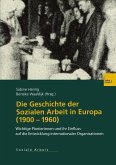A history of London University in the second half of the nineteenth century, focusing on political as well as academic developments.
In 1858 the University - in reality an examining board - opened its non-medical examinations to candidates irrespective of how they prepared themselves. At the same time, graduates could join the newly established Convocation, forfour decades empowered to veto changes in the University's Charter, choose a quarter of the governing body the Senate, and, from 1868, elect the University's MP. This book analyses the delicate and often stressful relations of Senate and Convocation, covering the long struggle over admission of women to degrees; the contribution of the University to secondary education; the establishment of the University's seat in the House of Commons, and the subsequentelections of Members. Later chapters describe the extended campaign to change the institution into an orthodox university, and the political struggles and academic manoeuvring that attended the process. F.M.G. WILLSON has retired from an academic and administrative career in Zimbabwe, North America, London and Australia.
In 1858 the University - in reality an examining board - opened its non-medical examinations to candidates irrespective of how they prepared themselves. At the same time, graduates could join the newly established Convocation, forfour decades empowered to veto changes in the University's Charter, choose a quarter of the governing body the Senate, and, from 1868, elect the University's MP. This book analyses the delicate and often stressful relations of Senate and Convocation, covering the long struggle over admission of women to degrees; the contribution of the University to secondary education; the establishment of the University's seat in the House of Commons, and the subsequentelections of Members. Later chapters describe the extended campaign to change the institution into an orthodox university, and the political struggles and academic manoeuvring that attended the process. F.M.G. WILLSON has retired from an academic and administrative career in Zimbabwe, North America, London and Australia.
Dieser Download kann aus rechtlichen Gründen nur mit Rechnungsadresse in A, D ausgeliefert werden.

